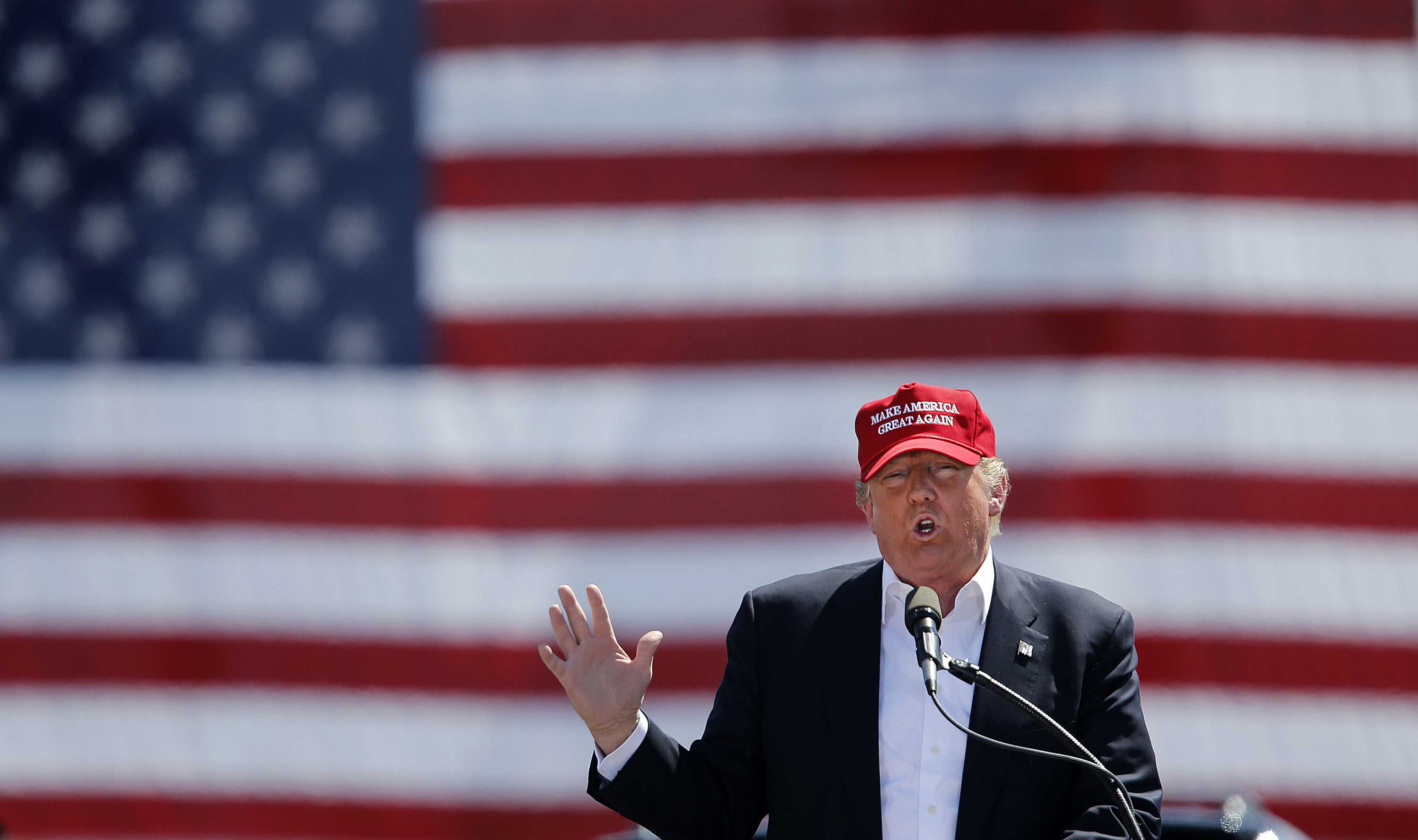The Trump Administration on Tuesday rescinded the rule implemented by Immigration and Customs Enforcement (ICE) that required international students to transfer or face deportation if their schools held classes entirely online because of COVID-19.
After facing litigation from eight federal lawsuits and outcry from hundreds of universities, the decision came at the start of a hearing for the lawsuit brought on by Harvard University and Massachusetts Institute of Technology (MIT).
In the hearing, District Judge Allison Burroughs said that the federal immigration authorities agreed to pull the July 6 policy.
Under the policy, F-1 and M-1 visa holders in the U.S. were not allowed to remain in the U.S. while taking a full online course load in the fall. Also, students attending a university offering only online instruction would not have been issued new visas. Those same students would have faced deportation if they didn’t transfer or leave the country.
The policy was issued on July 6, a reversal from guidelines set in the spring and summer that allowed for limits surrounding online education and international students to be suspended during the pandemic.
Beliefs across the nation are that the decision to enact the rule in the first place was a way for the Trump administration to pressure schools and colleges to reopen in the fall.
Harvard and MIT were the first to contest the policy, filing a lawsuit on July 8.
California Attorney General Xavier Becerra, along with California Community Colleges (CCC) Chancellor Eloy Ortiz Oakley and Chancellor Timothy White representing the California State University (CSU) system also filed a lawsuit against the Trump administration.
Tuesday’s decision brought relief to both international students in the U.S. who were at risk of deportation, and universities across the nation who were meeting to find ways to accommodate those students for the fall.
The tuition of international students has a significant impact on university revenues, and some schools were facing losses of millions of dollars in revenue if the original policy was upheld. The U.S. economy would also take a hit as international students contributed nearly $45 billion in the 2018-2019 academic year, according to The Power of International Education




